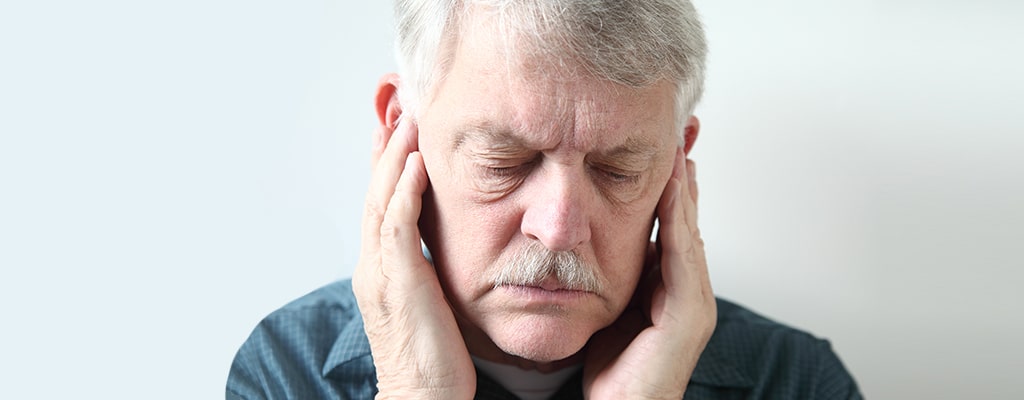

Auditory neuropathy, also referred to as auditory dyssynchrony (AD) is similar to sensorineural hearing loss. Patients suffering from auditory neuropathy have functioning hair cells on the cochlea, but these cells do not properly send sound information to the auditory nerve and brain.
It is not fully understood why auditory neuropathy occurs, but scientists believe the condition stems from multiple causes. It may occur due to any of the following situations:
Symptoms of auditory neuropathy can include any of the following:
There are several factors that may have a link with auditory neuropathy, including:
Ear, nose and throat specialists can diagnose auditory neuropathy with auditory brainstem response (ABR) and optoacoustic emissions (OAE) testing. When these tests are done in conjunction, doctors can determine whether auditory neuropathy is the cause for the hearing impairment. During an ABR test, doctors are able to see brain wave activity in response to sound, using electrodes placed on the patient’s head and ears. An OAE test has a very small, sensitive microphone that monitors the faint sounds produced by cochlea hair cells. When patients display abnormal ABR test results paired with normal OAE results, it signals doctors that they may have auditory neuropathy.
Depending on the underlying cause, audio neuropathy may be reversible. However, in some cases, the underlying cause of hearing loss prevents the condition from improving. Treatments that may be recommended by New York ENT doctors include:
Other hearing loss treatments may be recommended by New York ENT, depending on the cause for hearing loss.
If you are suffering from auditory neuropathy, the first step towards feeling better is to schedule an evaluation with an experienced ear, nose and throat doctor. Board certified physicians with New York ENT have extensive experience with the diagnosis and treatment for neuropathy. Fill out the form on this page or call our office at 212-873-6036 to schedule an appointment today.